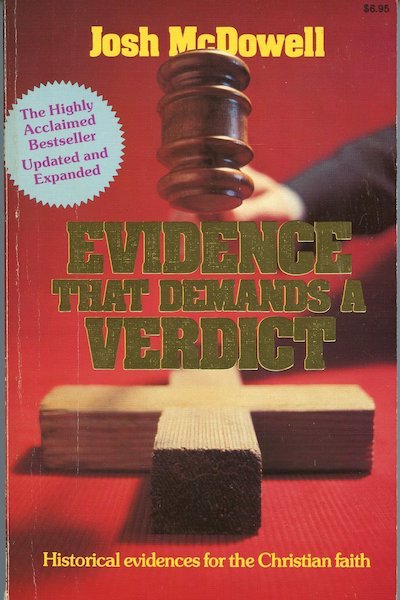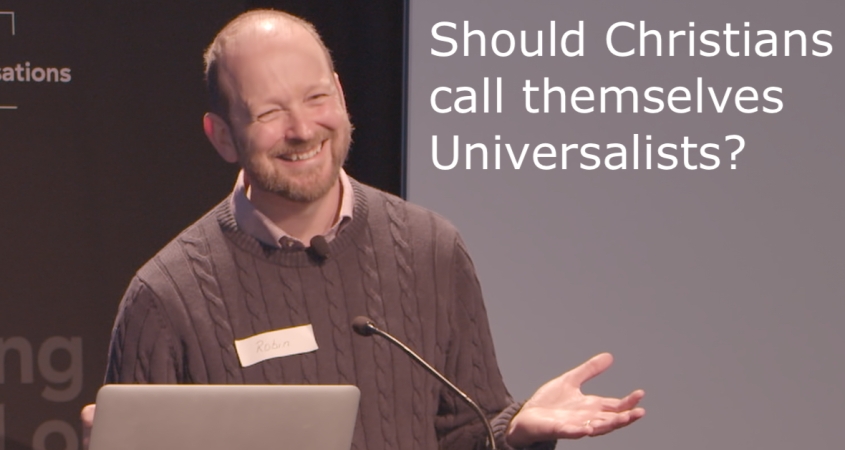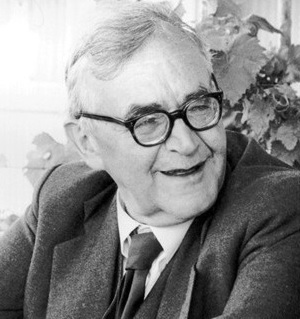Practical and ethical implications of hell by Tony Golsby-Smith is the basis of the following post.
There is a quiet crisis creeping through the experience of faith today. For whatever reason, the modern church has put ‘hell’ right at the core of Christian faith, so whoever starts to worry about it, feels they are challenging their whole faith. This means they are in danger of “throwing the baby out with the bathwater”, if they end up rejecting the ‘hell’ doctrine.
Those who try to avoid thinking about the doctrine, may not leave the faith but unconscious anxiety and questions don’t go away. They gnaw at you—potentially eroding your love for God.
This is the negative side of the picture. The positive side interests me more.
I recently met two young Christians who had begun to encounter, through my talks, an alternative picture of the future; the prospect that God will save all people (in fact all the cosmos) as the final end of his purposes. Both were educated Christians in a traditional evangelical church. I asked them what effect this different paradigm was having on them. They paused for a while, and then one of them said, “It has recovered my love for God.”
All human beings imagine the future, including the future beyond death. In order to imagine this future, we need to use imagery more than we normally might, for the simple reason that this future does not exist yet.
This makes the study of future thinking particularly intriguing but also more difficult than analysing the past and the present. This difficulty can make the study of the future seem speculative and optional. However, the future is important for another, more immediate reason; how we see the future will influence how we see the present, and therefore how we understand, decide, and act in the present.
Designers and architects harness this power of the future by a technique called ‘backcasting’. They try to imagine a very different kind of city—buildings shaped more by their aspiration than traditions, and then work backwards from these new conceptions of the future towards the present realities, with the hope that they can design exciting new structures.
The church can learn a lot from backcasting and really should be brilliant at it—at imagining and declaring a great future and using that vision to influence what it does today.
Paul reveals his vision of the future in Ephesians 1—his prayer captures his aspirations for all of us. As such, it is a most significant template for his vision of the character and the mind that he wants to see developed in the believers. Interestingly, he does not pray for a litany of good behaviours, or victories over sins and temptations; he believes that this holy living will flow from an inner transformation of the mind and the ‘eyes of the heart’. He prays that they will grasp three significant new ways of thinking:
- The ‘hope of their calling’
- ‘the riches of God’s inheritance in the saints’
- ‘the greatness of his power exercised on their behalf—specifically the power of resurrection that he first unveiled in raising Jesus from the dead’
These are the ways of thinking by which the believer will see all reality differently—as radiating possibility and glory secured already by the massive resurrection work of Jesus.
The effects of this transformation on our minds is all-pervasive. It shines a sense of wonder and hope over all things, all events, all contests in this world. It includes every corner of the cosmos and every moment in time in its transformative vision, and it thus breaks down forever the narrow boxes and divisions into which our faith all too often shrinks. Far from reducing our emphasis on Christ and the claims of Christ, it puts him at the centre of all things. It declares that no category of human endeavour or creation can be excluded from His Lordship and His demands. Finally, it is a beatific vision which circumscribes evil as temporary, insubstantial, and limited; and it amplifies goodness as inevitably eternal and all-pervading because it alone is the quality of God.
From this perspective, we can return to the topics of ‘hell’ and ‘judgment’. The church fathers took these themes seriously (as did most people who have espoused some forms of cosmic redemption) but they circumscribed them as means or ways to God’s purposes, not the ends. If the end of all things is humans sharing the rule of God, then humans need to develop and grow the capacity to do this. This development cannot be imposed on anyone but must be embraced and chosen. We don’t grow if we don’t want to grow. That is the basis of every decent educational program. Thus, cosmic redemption is not a free ticket to glory, it is an invitation to grow and develop towards the only end game in town.
In the writings of the church fathers, this could take place both before death and after death. In other words, death and the promise of immortality are not a mere open or shut gate but a continuation of a pathway; we are growing in this life, and we will also grow in the life of the age to come. Furthermore, our growth and trajectory in this life continues into the life of the age, and deeply affects our journey in the life of the age. If we reject our opportunity to grow in this era, we won’t be cast aside but we will travel a hard path in the age to come. There is judgment to be faced—and this judgment will include the believers in this life—but this judgment, like all fires in the Bible, will be for the purpose of purifying us not punishing us.
This leaves Christians with a very sobering and plausible warning to declare over human life and activity in this era. It boils down to no more than this: nobody gets away with evil, neglect, complacency, selfishness, cruelty, greed, or oppression in this life. Not Assad, not the cruel rulers of Sudan, not the despots who pillage their countries for personal gain—and not you and me. Thankfully, we have a God from whom nothing is hidden, and whose judgments are utterly pure and uncompromising. This means we need to take life seriously and weigh our actions in the light of this eternal rectitude.
But the Christian view of judgment goes one step further. The true success of any punishment system is not to crush a wrongdoer but to reform them so they choose to live godly lives. The mechanism for enabling this epic transformation remains the same as it has always been in the Christian gospel; the death of the God-man, Jesus and his subsequent resurrection from the dead—a resurrection which means not just our salvation but the death of death.




















